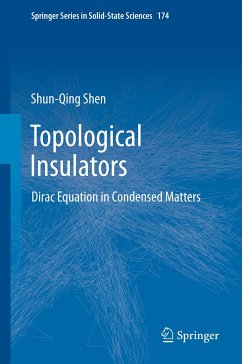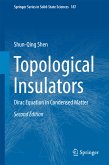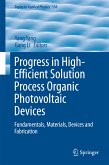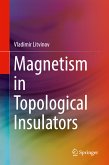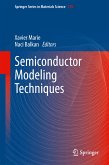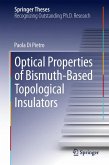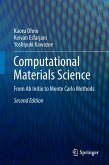Topological insulators are insulating in the bulk, but process metallic states around its boundary owing to the topological origin of the band structure. The metallic edge or surface states are immune to weak disorder or impurities, and robust against the deformation of the system geometry. This book, Topological insulators, presents a unified description of topological insulators from one to three dimensions based on the modified Dirac equation. A series of solutions of the bound states near the boundary are derived, and the existing conditions of these solutions are described. Topological invariants and their applications to a variety of systems from one-dimensional polyacetalene, to two-dimensional quantum spin Hall effect and p-wave superconductors, and three-dimensional topological insulators and superconductors or superfluids are introduced, helping readers to better understand this fascinating new field. This book is intended for researchers and graduate students working in the field of topological insulators and related areas. Shun-Qing Shen is a Professor at the Department of Physics, the University of Hong Kong, China.
Dieser Download kann aus rechtlichen Gründen nur mit Rechnungsadresse in A, B, BG, CY, CZ, D, DK, EW, E, FIN, F, GR, HR, H, IRL, I, LT, L, LR, M, NL, PL, P, R, S, SLO, SK ausgeliefert werden.

